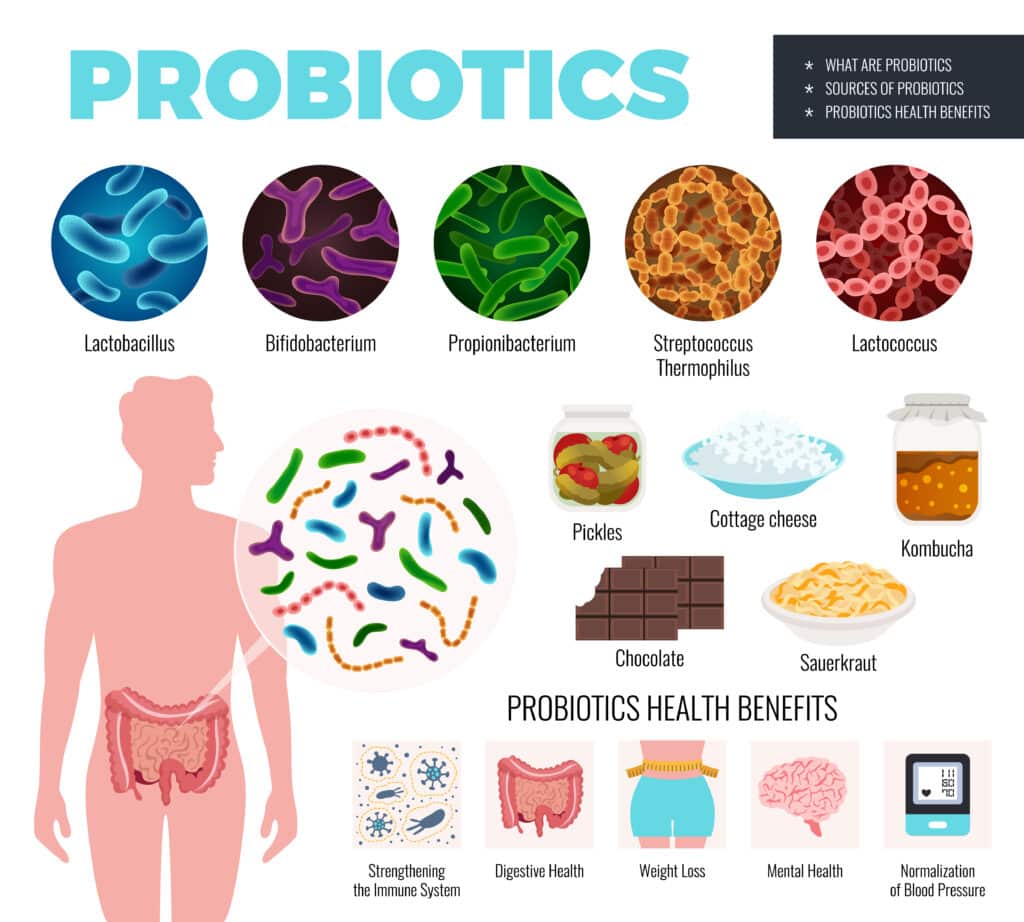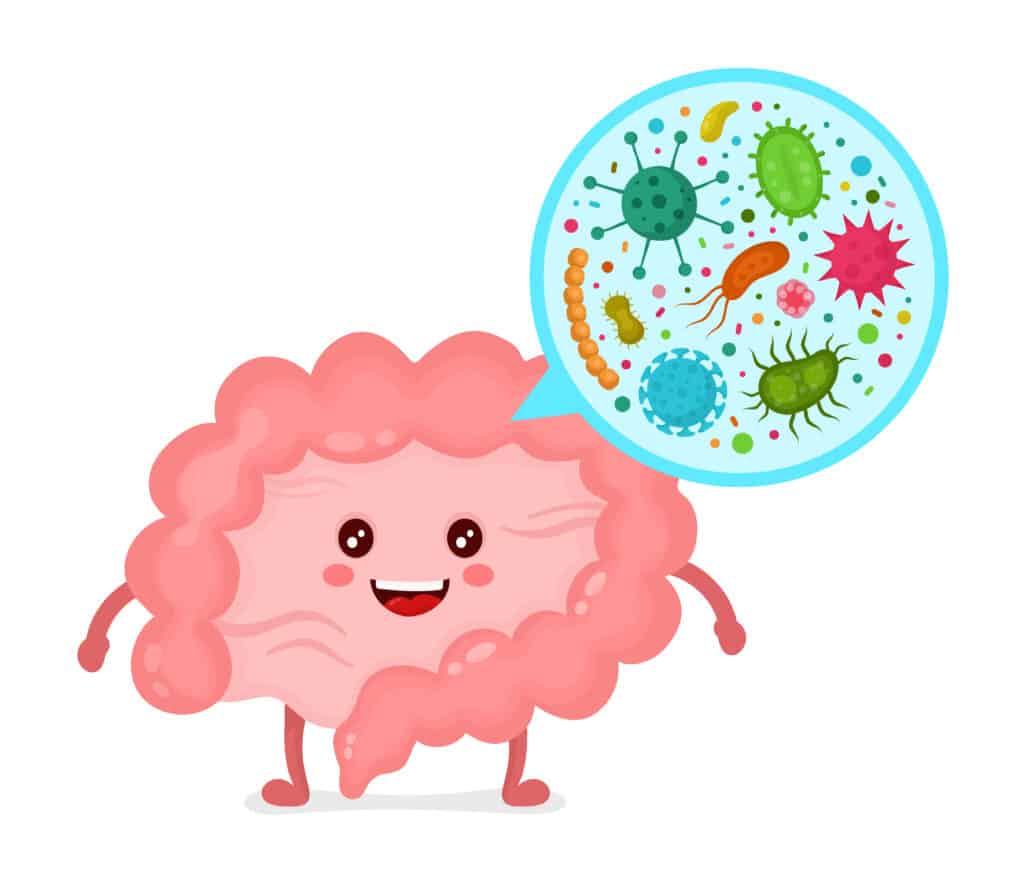
Apple cider vinegar is a popular natural remedy that has been used for centuries for its numerous health benefits. One question that often arises in apple cider vinegar, is whether or not apple cider vinegar can make you poop. In this article, we will explore the potential effects of apple cider vinegar on bowel movements and discuss its possible role in promoting your digestive tract health.
There is some evidence to suggest that apple cider vinegar may indeed have an effect on bowel movements. The acetic acid contained in apple cider vinegar is thought to have a mild laxative side effect, meaning it could help to loosen stools and increase the frequency of bowel movements. Additionally, the pectin present in apple cider vinegar works to pull water towards the bowel, potentially making the stool more watery and easier to pass. However, it is important to note that taking apple cider vinegar in excessive amounts may lead to diarrhea and other unwanted side effects, so moderation is key.
The Impact of Apple Cider Vinegar on Digestion
Apple Cider Vinegar (ACV) is a popular natural remedy for various health issues, including digestive concerns. In this section, we will discuss the impact of ACV on digestion, focusing on its acetic acid content and probiotic properties.
Acetic Acid and Gut Motility
Apple cider vinegar contains acetic acid, which may influence gut motility, or the movement of food through the digestive system. Acetic acid in ACV could potentially slow down bowel movement and digestion of food, which may help solidify stool and alleviate diarrhea symptoms in some cases. However, it is important to note that more research needs to be conducted to better understand this relationship. Additionally, taking large amounts of ACV could lead to diarrhea, as it may irritate the gastrointestinal tract.
Probiotic Properties

ACV, especially the raw and unfiltered variety, contains “the mother” – a cloudy substance composed of beneficial gut bacteria, enzymes, and proteins. These good bacteria may support gut health by improving the balance of the intestinal microbiome.
Improved gut health may, in turn, influence bowel movements, alleviate constipation or diarrhea, and promote overall digestion. However, it is essential to note that there is insufficient scientific evidence to fully substantiate these claims about apple cider vinegar alone. More studies are needed to investigate the probiotic properties of apple cider vinegar and their potential impact on digestion.

In conclusion, while there are anecdotal reports of apple cider vinegar improving digestion and bowel movements, further research is required to validate these claims. As with any supplement or remedy, it is crucial to consult with a healthcare professional before incorporating apple cider vinegar into your daily routine.
The Connection Between Apple Cider Vinegar and Bowel Movements
Promoting Regularity
Apple cider vinegar (ACV) contains natural pectin, a soluble fiber that can help promote regular bowel movements by bulking up stool and supporting good bacteria in the body and gut. However, it should be noted that scientific evidence supporting the effectiveness of ACV for treating constipation is lacking.

Is it normal when Apple Cider Vinegar makes you poop?
Yes, it’s normal for consuming the drink ACV to aid in bowel movements for some people by improving digestion. The pectin found in drinking ACV can contribute to this effect, but individual experiences may vary.
Is Apple Cider Vinegar a laxative?
ACV is not considered a natural laxative either, but it may promote bowel movements in some cases. Better food digestion and the presence of pectin may contribute to increased regularity for some individuals.
Can Apple Cider Vinegar cause diarrhea?
In some cases, ACV consumption may lead to diarrhea, especially if consumed in large quantities or if an individual has a sensitive digestive system. It is recommended to start with drinking a small amount of ACV diluted in water and observe how your body reacts.

Does Apple Cider Vinegar help with constipation?
Although there is no concrete scientific evidence to confirm that consuming ACV alone is an effective remedy for constipation, some people may find constipation relief, due to its natural pectin content. However, results vary from person to person, and it’s essential to consider other factors such as hydration and diet when addressing constipation issues.
Does Apple Cider Vinegar make your poop black?
There is no evidence to suggest that ACV consumption causes black poop. Changes in stool color may be influenced by various factors such as diet, medications, or underlying medical conditions. If you notice symptoms of a significant change in your bowel movements’ color, consistency, or frequency, it’s essential to consult with a healthcare professional.
Potential Side Effects
While small amounts of ACV are most likely safe for most people, it is important to consider some potential side effects. Consuming too much ACV may cause an upset stomach, acid reflux, or a burning sensation in the stomach or throat. To minimize these potential side effects, it’s a good idea to dilute ACV with water and start with a small amount.
Other Factors Affecting Bowel Movements
Besides the potential effects of apple cider vinegar on bowel movements, there are several other factors that can influence regularity. These factors include diet and hydration, physical activity, and stress.

Diet and Hydration
Diet plays a significant role in maintaining healthy bowel movements. Consuming and eating a diet of fiber-rich foods, particularly dietary fiber, from fruits, vegetables, and whole grains, can help promote regularity. Including the following high-fiber foods in your daily diet can be beneficial:
Apples
Broccoli
Carrots
Legumes (beans, lentils, and peas)
Whole grains (oats, quinoa, and brown rice)
Drinking an adequate amount of water can also help prevent and treat constipation too. Proper hydration keeps the stool soft and easier to pass. The recommended daily water intake varies depending on age, sex, and activity level, but a general guideline is to drink at least eight 8-ounce glasses of water per day.
Physical Activity
Engaging in regular physical activity can stimulate bowel movements and help prevent constipation. Exercise helps improve the blood flow to the stomach and gastrointestinal tract, leading to more efficient digestive system function. Aim to incorporate at least 30 minutes of moderate exercise, such as brisk walking, swimming, or cycling, into your daily routine.
Stress
Stress can negatively impact bowel function, leading to irregular bowel movements. The body’s response to stress can slow down the digestive system, causing or exacerbating constipation. Practicing stress reduction techniques, such as mindfulness meditation, deep breathing exercises, yoga, or tai chi, can help improve overall digestive health and promote regularity of bowel movement.
Conclusion
Apple cider vinegar has been used as a health remedy for centuries, and it may offer various benefits when incorporated into one’s daily diet. One such benefit that apple cider vinegar makes is its potential to help with bowel movements. It is important to note that everyone’s body and digestive system reacts differently to various foods and supplements. Hence, apple cider vinegar might not have the same effect on everyone.
When consumed in moderation, apple cider vinegar could slow down the digestive process, potentially allowing stools to harden before being expelled. However, when consuming apple cider vinegar with it undiluted could cause more water in to the blood sugar be pulled into the bowel, making stools more watery and potentially causing diarrhea. It is crucial to dilute apple cider vinegar before consuming it to aid digestion and avoid negative side effects.
In conclusion, apple cider vinegar can potentially aid bowel movements, but it is essential to consume it safely and to consume it in moderation. It is always recommended to consult with a healthcare professional before introducing any new supplement or remedy into one’s diet, including apple cider vinegar, to ensure it is suitable and safe for individual health needs.


